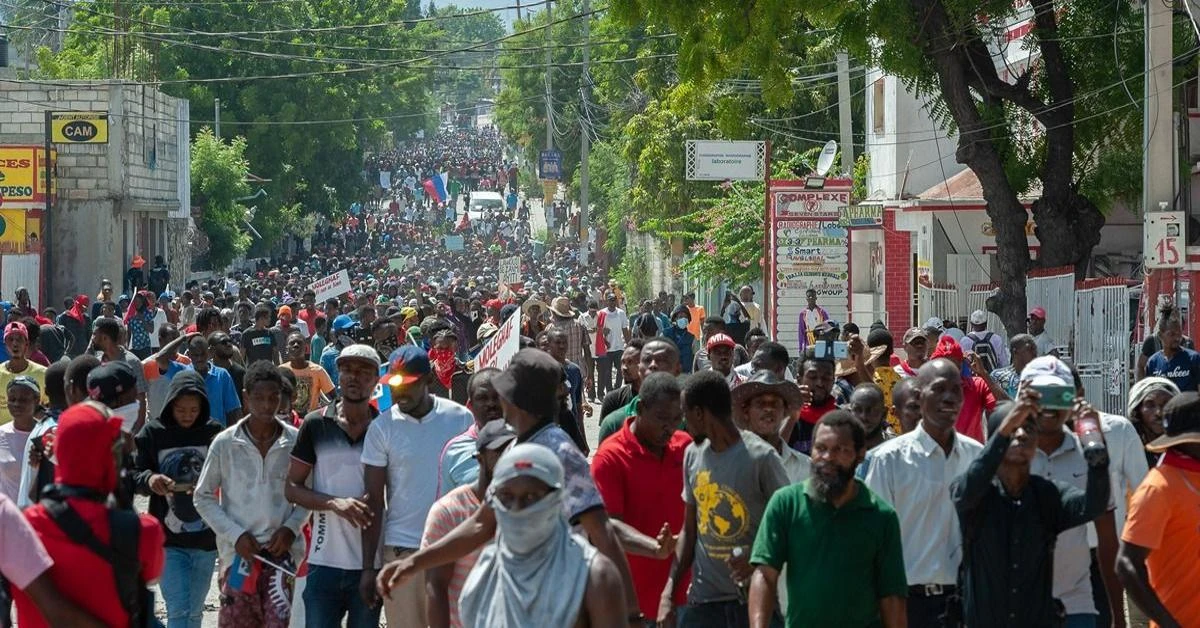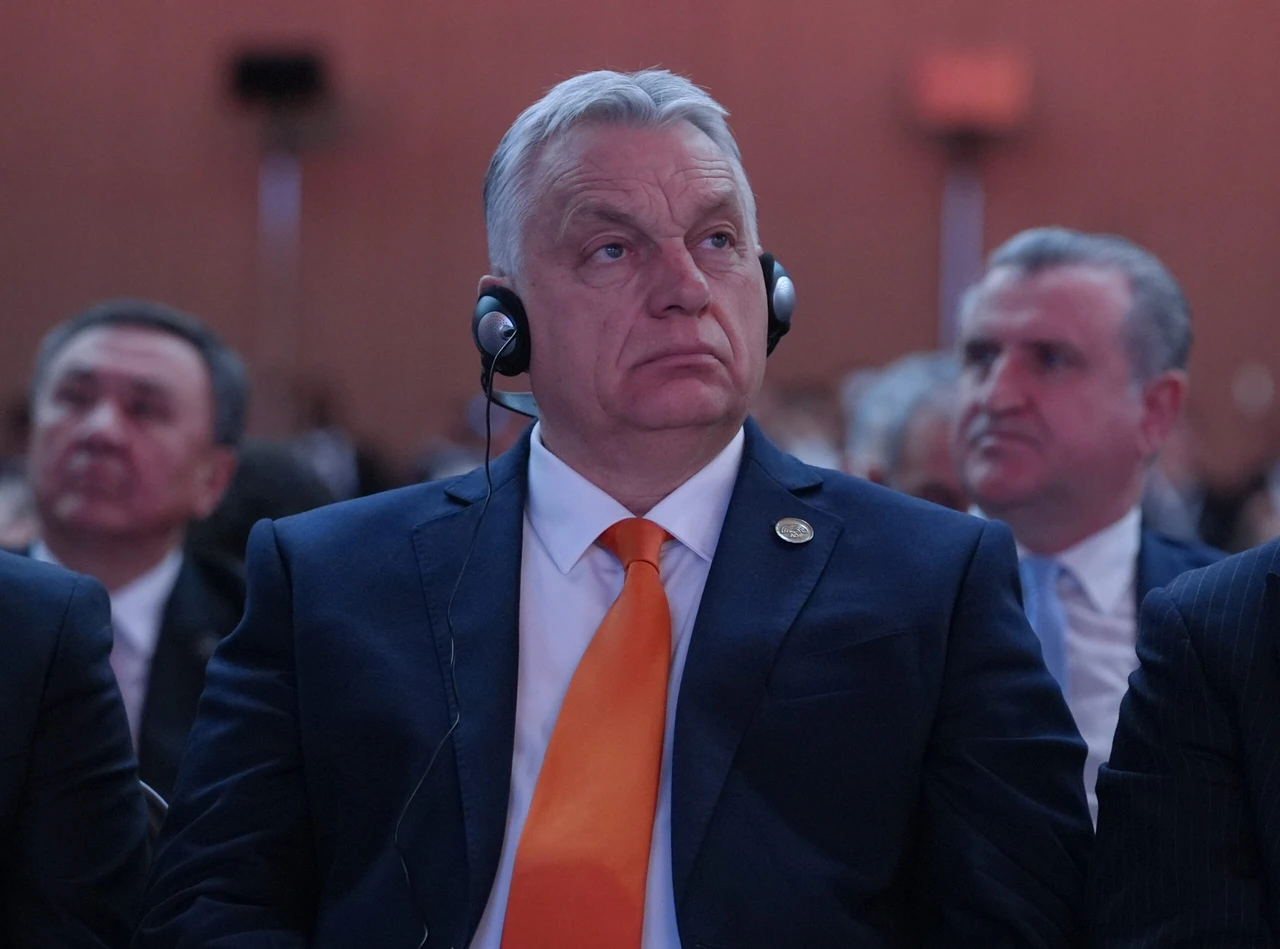Haiti progresses toward new governance

Haiti moves forward with a plan for transitional presidential council, facing a complex mix of internal party negotiations and the influence of powerful gangs
Caribbean officials confirmed on Thursday the advancement of a plan to establish a transitional presidential council in Haiti.
This crucial step toward new leadership comes amid intense negotiations among Haitian parties and coalitions, who have submitted their representatives to guide the country out of its prolonged political crisis.
“The Haitians are the ones who want a Haitian-led solution,” declared Surinamese Foreign Minister Albert Ramdin to The Associated Press. “It is for them to pick up the ball and run with it, being responsible for their own destiny.”
Prime Minister Ariel Henry has vowed to resign once the council is in place. His pledge follows a series of closed-door meetings in Jamaica involving Caribbean leaders and U.S. Secretary of State Antony Blinken.
The council faces the daunting task of selecting an interim prime minister and organizing general elections, which Haiti has not held in nearly a decade.
However, the situation remains volatile, with powerful gangs, controlling much of the capital, demanding a role in Haiti’s future. Jean-Charles Moise, leader of the Petit Desalin party, announced his refusal to join the council despite being offered a voting position.
This stance echoes that of gang leader Jimmy Cherizier, who dismissed internationally backed solutions, asserting, “It’s the Haitian people who know what they’re going through.”
U.N. spokesman Stephane Dujarric highlighted the U.N.’s involvement, noting that their envoy, Maria Isabel Salvador, is encouraging key representatives to act in Haiti’s best interest.
Meanwhile, the security situation in Port-au-Prince remains precarious. In recent weeks, gangs have launched attacks on state institutions, resulting in the escape of over 4,000 prisoners and leaving thousands homeless.
Source: Newsroom



